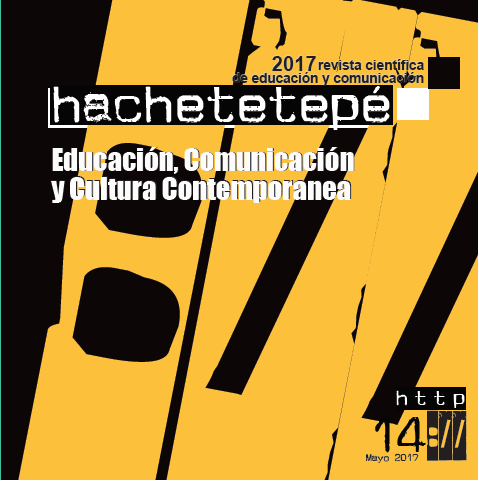The uncomfortable debate on gender in Brazilian education
Abstract
This article aims to understand the political scenario for the institutionalization of gender issues in Brazilian education. To develop the proposal, news and articles (newspaper and / or opinion) were selected to delimit the trajectory of the gender debate in the political arena, starting with the approval of the National Education Plan in 2014 until the current period, where The articulations of the Movement without Party School have gained more and more force in the country. The statements were analyzed according to the theory of gender studies to understand the current political confrontations that prevent the institutionalization of gender issues in education. It was noted that education for gender equality is the role of schools and can impact future generations for the construction of more just societies and equal opportunities for girls and boys, men and women. However, gender equality in Brazilian society will only advance by encouraging strategies in the field of education, which depends on a strong articulation of social movements, taking into consideration the bargaining power that religious and conservative groups have in the National Congress, space where the policies are decided.
Keywords
Downloads
How to Cite
License

This work is licensed under a Creative Commons Attribution-NonCommercial-NoDerivatives 4.0 International License.
Those authors who have published with this journal, accept the following terms:
- They will retain their copyright and guarantee the journal the right to first publication of their work, which will simultaneously be subject to the Creative Commons Attribution License . They may be copied, used, disseminated, transmitted and publicly displayed, provided that the authorship, url, and magazine are cited, and are not used for commercial purposes. No derivative works are allowed.
- They may adopt other non-exclusive license agreements for the distribution of the published version of the work (e.g., deposit it in an institutional telematic archive or publish it in a monographic volume) provided that the initial publication in this journal is indicated.
- Disseminate your work through the Internet (e.g., in institutional telematic archives or on your website) once the manuscript is accepted, which may lead to interesting exchanges and increased citations of the published work. (See The effect of open access).
Hachetetepé. Scientific journal of education and communication does not charge a fee for the submission of manuscripts or for the publication of its articles.
References
Cabral, F. y Díaz, M. (1999). Relações de gênero. Cadernos afetividade e sexualidade na educação: um novo olhar (pp. 142-150). Secretaria Municipal de Educação de Belo Horizonte; Fundação Odebrecht. Belo Horizonte: Rona.
Confederação Nacional dos Trabalhadores em Educação (CNTE) (2015). Gênero e diversidade sexual na escola: a
CNTE apoia os movimentos sociais. Revista Retratos da Escola, 9 (16); 187-194.
Lima, R. L. (2011). Diversidade, identidade de gênero e religião: algumas reflexões. Em Pauta, Rio de Janeiro, 9 (28); 165-182.
Piscitelli, A. (2002). Comentário. Cadernos Pagu, Unicamp, 55-58.
Rubin, G. (1975). The Traffic in Women. Notes on the “Political Economy” of Sex. Reiter, R. (ed.). Toward an Anthropology of Women. New York: Monthly Review Press.
Santana, A. M. (2015). Fragmentações e permanências. Gênero e diversidade na escola. Revista Retratos da Escola, 9 (16); 123-135.
Scott, J. (2012). Os usos e abusos do gênero. Projeto História, 45 (332); 327-351.
Suárez, M. (1999). Gênero: uma palavra para desconstruir ideias e um conceito empírico e analítico. Trabalho apresentado no I Encontro de Intercâmbio de Experiências do Fundo de Gênero no Brasil. Projeto Fundo para a Equidade de Gênero. Agência Canadense para o Desenvolvimento Internacional, Campinas.






